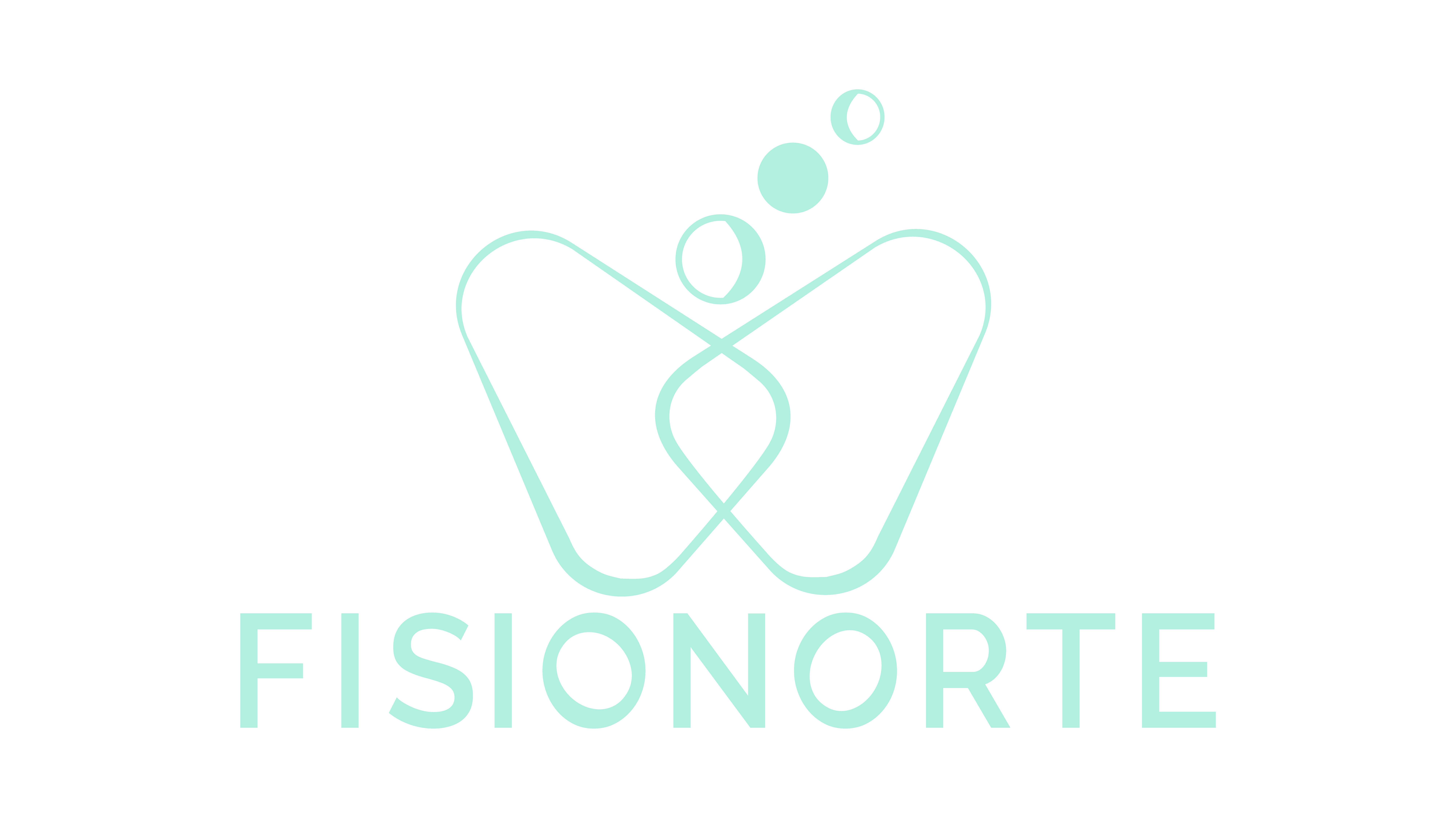Non-fungible tokens, or NFTs, have Anex System taken the world by storm in recent years. These unique digital assets have disrupted various industries, from art to music to sports memorabilia. However, one sector that has not received as much attention in the NFT space is transportation. In this article, we will explore the potential impact of NFTs on traditional transportation models, including car ownership, public transportation, and logistics.
NFTs are unique digital tokens that represent ownership of a specific asset or piece of content. Unlike cryptocurrencies such as Bitcoin or Ethereum, which are fungible and interchangeable, NFTs are one-of-a-kind and cannot be replicated. This makes them ideal for representing ownership of physical assets, such as real estate, artwork, or even vehicles.
One of the ways in which NFTs could impact traditional transportation models is through the tokenization of vehicles. By creating NFTs that represent ownership of a car, for example, individuals could easily buy, sell, or transfer ownership of their vehicle without the need for traditional paperwork or registration. This could streamline the process of buying and selling vehicles, making it more efficient and transparent.
Furthermore, NFTs could enable new business models for transportation companies. For instance, ride-sharing companies could use NFTs to track the ownership of vehicles in their fleet, allowing for more efficient management and utilization of resources. Additionally, NFTs could be used to create loyalty programs or incentives for customers, rewarding them with digital tokens for using a particular service or transportation provider.
In the realm of public transportation, NFTs could revolutionize the way people pay for and access transit services. By tokenizing tickets or passes, transit agencies could eliminate the need for physical tickets or cards, reducing waste and streamlining the ticketing process. Additionally, NFTs could be used to track the use of public transportation services, providing valuable data on ridership patterns and demand.
Another potential impact of NFTs on traditional transportation models is in the realm of logistics and supply chain management. By tokenizing goods or shipments, companies could track the movement of products in real-time, ensuring transparency and trust in the supply chain. This could help prevent fraud, theft, or counterfeit products, ultimately leading to a more efficient and secure transportation and logistics system.
Overall, NFTs have the potential to revolutionize traditional transportation models in numerous ways. From streamlining car ownership and public transportation to enabling new business models and improving logistics, the impact of NFTs on transportation is vast and far-reaching. As the technology continues to evolve and mature, we can expect to see even more innovative applications of NFTs in the transportation sector in the years to come.
